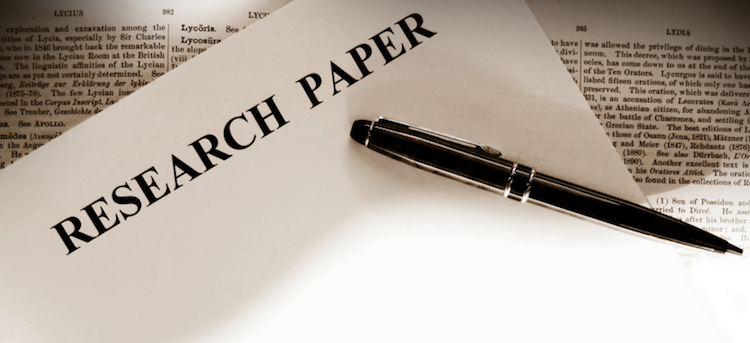A Step-by-Step Guide to Writing the Conclusion of Your Research Paper
In a research paper, the conclusion holds great importance. It is the last chance for you to restate your major ideas and make a lasting impression on your audience. Research work with a strong conclusion has many benefits, including drawing attention to the importance of your work and summarizing your main idea. It enables you to repeat your thesis, consider the contributions of your study, and recommend areas for more research. A well-written conclusion helps the reader appreciate the work and its influence.
Steps to Submit Research with a Well-Written Conclusion
This guide’s goal is to take you step-by-step through the process of creating a cohesive conclusion that will guarantee your research paper closes on a strong note. Also, for those struggling to craft a strong conclusion for their research paper, seeking dissertation help online can provide valuable guidance and support.
Restating the Thesis:
To make an impact on your findings, it is important that you restate your thesis in the conclusion. When the researcher reads your conclusion, he should recall the major contention of your research work. Your main argument might need to be reiterated to readers once they’ve gone through all the specifics and supporting information in the paper’s body. You can help readers understand how your study fits together by restating your thesis, which returns the attention of the reader to your initial goal.
It’s crucial to avoid just copying and pasting your thesis from the introduction when restating it. Instead, make an effort to reword it so that it better captures how your argument has evolved throughout the paper. The following are pointers for paraphrasing:
Make use of alternative words: Look for synonyms for any important terms in your initial thesis.
Modify the sentence structure: Sort the concepts in your thesis in a different order.
Keep your eyes on the wider picture: After you have presented your research, think about how your thesis has changed.
Outline the Key Findings of Your Study:
It is essential to summarise your main conclusions in the conclusion since this serves to reaffirm the most significant findings from your study. This aids in helping your audience recall the important details and comprehend how they contribute to your thesis. A well-written summary condenses the key points of your work without providing the reader with undue detail. To summarize the key findings, emphasize the results that immediately provide credence to your thesis. Use succinct language to make your ideas without getting into too much detail. To make the connection between the result and thesis, illustrate how each important discovery links to your paper’s central claim.
Highlighting the Significance of Your Research:
Emphasizing the importance of your study aids readers in understanding the value of your research. This is your opportunity to demonstrate how your research advances the body of knowledge. Your research’s significance can be shown by talking about its broader ramifications, which go beyond the particular subject you looked at.
To relate what you’ve discovered to the wider picture, you can think about the effect. Consider the potential impact of your findings on upcoming studies, policy choices, or practical applications. Mention how your research is connected to current affairs or existing discussions to create relevance. Also, talk about the various ways your research could be used to solve more significant issues or in other contexts.
Address Research Limitations and Future Directions:
Recognizing the constraints of your research demonstrates that you are aware of its limitations and realistically assess its extent. Additionally, it establishes confidence with your viewers by showing that you have taken into account the constraints of your research and methodology.
Indicate the areas that require additional research in order to build upon your results.
Don’t forget to mention specific queries or subjects that you believe further study should look into. Lastly, describe how further study could improve upon or overcome the shortcomings of your work.
Conclude with a Powerful Remark
A powerful conclusion has the power to stay in the minds of your audience. This is your last opportunity to emphasize the importance of your research and your primary takeaway. Your conclusion—as well as the impact of your entire paper—can be strengthened by a compelling last line.
Relate your concluding statement to your paper’s main idea or point of contention. Give your readers something to chew over, such as a query, an appeal to do something, or an analysis of the ramifications of your research. Also, use language that exudes assurance and importance.
Also, utilizing dissertation editing services can ensure that your conclusion is polished and coherent and effectively reinforces your research’s key points.
Conclusion:
This blog covers all the aspects of writing an effective conclusion, from restating your thesis to concluding it with a compelling closing statement. Every thesis component is essential in writing a conclusion that upholds your core thesis and leaves the reader with a lasting impression.
Keep in mind that a strong conclusion might improve your research paper and support your main points. Spend some time editing and honing your conclusion to make sure it successfully connects the various sections of your work. Take note of the way your ideas flow, how well you communicate, and how powerful your last statement is.
Keep an eye for more news & updates on Usa Up Magazine!






